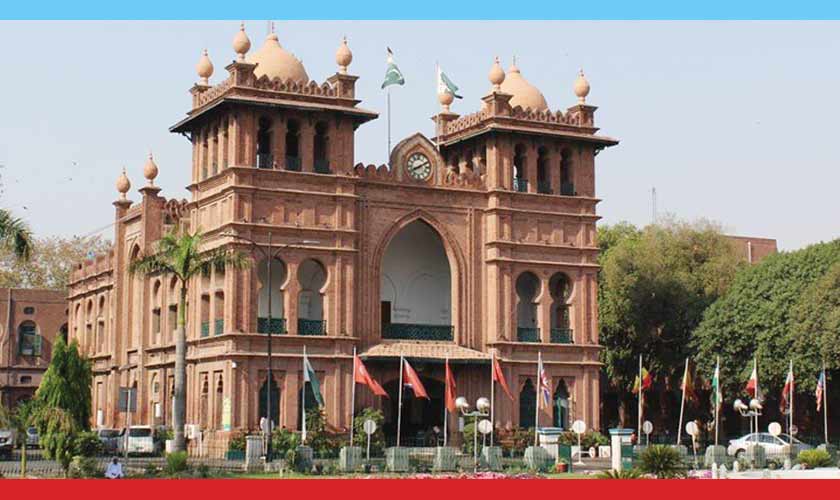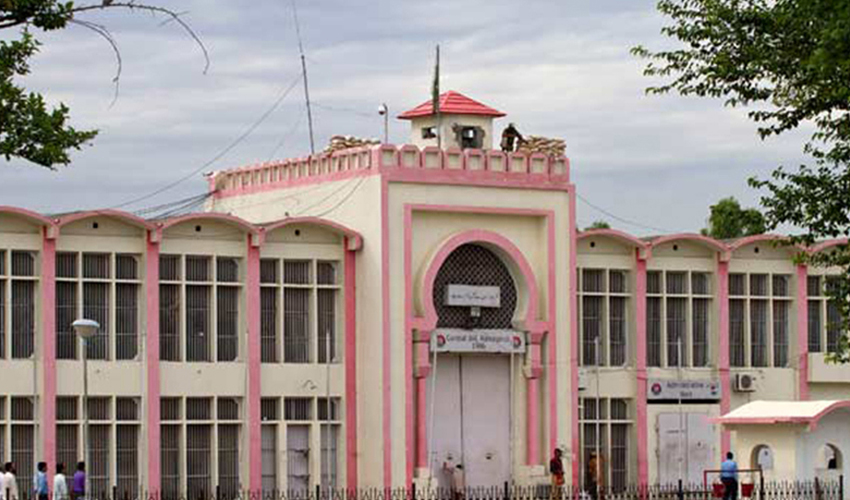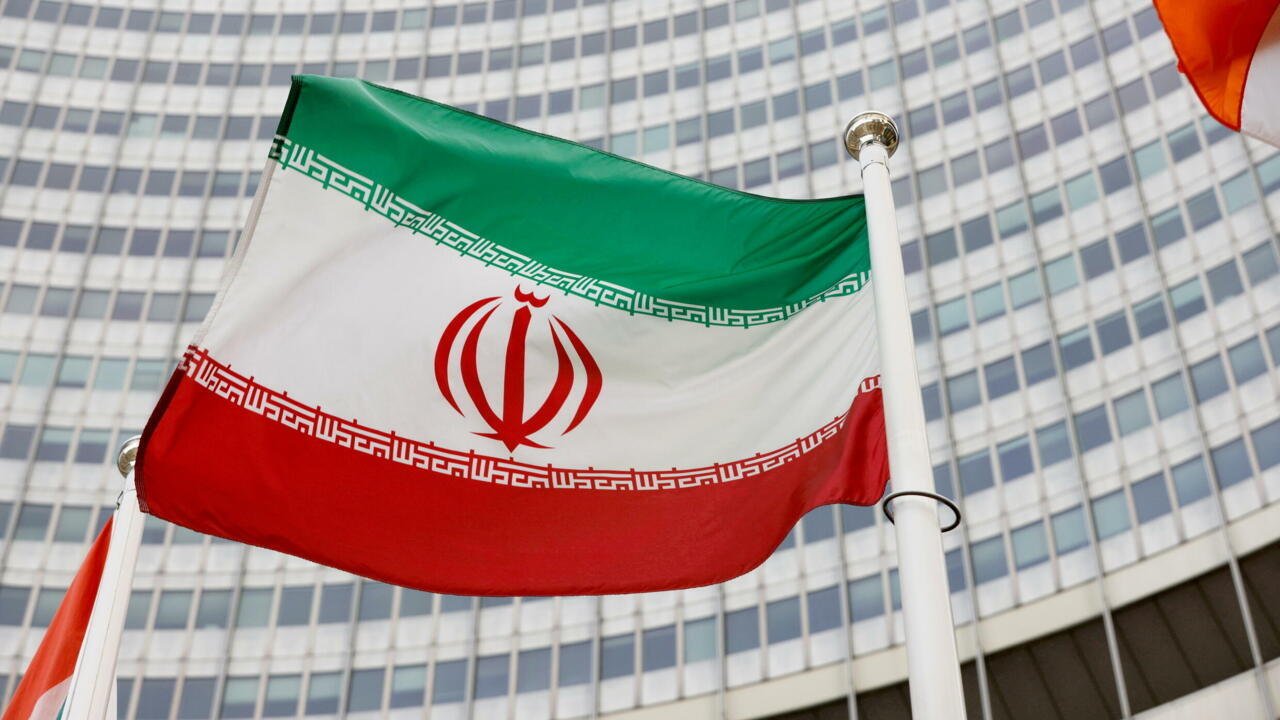Arshad Mahmood Awan
Pakistan’s political leadership has persistently demonstrated a reluctance to fully embrace the concept of devolving power to local governments. Despite repeated directives from the Supreme Court, local government elections in the country’s largest province, Punjab, were last held in 2017. However, the renewal process for these elections remains gridlocked, even though the term of the elected local bodies ended in 2022. In the interim, other provinces have managed to conduct elections for local bodies, but these processes have been marred by a lack of real administrative power and financial autonomy for the local governments. Meanwhile, the fate of local governments in Islamabad remains uncertain, as elections have not been held since the previous bodies completed their term in February 2021.
One of the central issues at play here is the unwillingness of governing parties to empower local bodies, particularly given the historical lack of support for them. The last local government elections in Islamabad were won by the Pakistan Muslim League-Nawaz (PML-N), the then ruling party. Its candidate, who went on to become the first mayor of Islamabad, secured a significant victory. However, despite this victory, the federal government did little to provide the mayor with the necessary financial resources or authority to manage infrastructure development. This lack of political will to grant meaningful autonomy to local bodies was also evident during the tenure of the Pakistan Tehreek-e-Insaf (PTI) government, which continued the trend of neglecting the Metropolitan Corporation of Islamabad.
This political disengagement from local governance can be seen as a strategic decision. The current ruling coalition, which includes parties like the PML-N, may be hesitant to hold fresh elections for fear of losing control to their rival opposition party, whose popularity is believed to have increased significantly in recent years. The timing of elections, then, becomes a political maneuver designed to delay the potential for defeat. The Election Commission of Pakistan (ECP), whose role is critical in organizing and overseeing local elections, has also been complicit in this delay. Over the past four years, the ECP has repeatedly issued schedules for local elections, only to cancel or postpone them due to various reasons. In some instances, the number of union councils (UCs) to be contested has been increased or altered to delay proceedings further.
Pl, watch the video and subscribe to the channel of republicpolicy.com
For instance, the PDM (Pakistan Democratic Movement) government had initially announced elections for 50 UCs but postponed them when the number was revised to 101. After further alterations, the UCs’ count rose to 125, and the number of seats per UC was increased from six to nine. Meanwhile, the ECP’s approach to these delays seemed to have been influenced by the political interests of the ruling party, with the PML-N reportedly pushing for the deferral of elections. This suspicion was reinforced when, on August 20 of the current year, the ECP pushed back the polling date from September 29 to October 9. The reasoning, according to the ECP, was the request made by local politicians, most of whom belonged to the ruling party.
Despite the prolonged delays, the ECP has continued to move forward with procedural steps in the election process. On December 21, 2024, the Commission issued a new notification to start the delimitation of constituencies and wards, a step necessary for finalizing the electoral framework. This process, however, is expected to drag on for several more months, with the final lists of constituencies and wards not due until March 12, 2025. Despite these developments, a clear and firm date for elections remains elusive.
This perpetual delay serves the interests of those in power, ensuring that they remain in control of local governance while avoiding the potential electoral risks that come with the uncertainties of democratic processes. It is also clear that the ECP, rather than pushing for elections, appears to be facilitating the postponement by citing ambiguous legal provisions regarding timelines and procedural steps. This pattern of postponing local government elections is emblematic of the broader political culture in Pakistan, where the principles of democracy are often compromised in favor of short-term political gain. Local governments, which are crucial for fostering accountability and effective governance at the grassroots level, are kept in a state of paralysis.
In this context, it is crucial to question the fundamental objectives behind these delays. The failure to hold timely local government elections is not only a reflection of political maneuvering but also an indictment of the entire electoral and administrative system. Local governments are critical in delivering basic services, such as health care, education, sanitation, and infrastructure. Their ability to function effectively hinges on the delegation of power, both administrative and financial, from the provincial and federal governments. However, the centralization of power at the top levels of government has left local bodies with insufficient resources, weak political backing, and limited capacity to perform their duties. This has led to a situation where the promises of devolution of power remain largely unfulfilled.
Moreover, the reluctance of political leaders to empower local governments only exacerbates the growing disenchantment among ordinary citizens with the political system. Local government elections offer an opportunity for citizens to directly engage with their elected representatives and hold them accountable for their actions. In the absence of these elections, voters are left with little recourse to influence the political decisions that directly affect their lives. The continuing delay in local government elections, therefore, not only undermines the democratic process but also erodes public trust in the political establishment.
In conclusion, the ongoing delay in local government elections across Pakistan is a stark reminder of the political elite’s unwillingness to empower grassroots governance. The continued centralization of power, combined with the ECP’s complicity in the postponement process, has left local bodies in limbo, unable to fulfill their essential functions. As a result, citizens are deprived of effective governance at the local level, which further fuels disillusionment with the broader political system. Until the political establishment demonstrates a genuine commitment to devolution and accountability, local governments in Pakistan will remain nothing more than a distant promise.
















